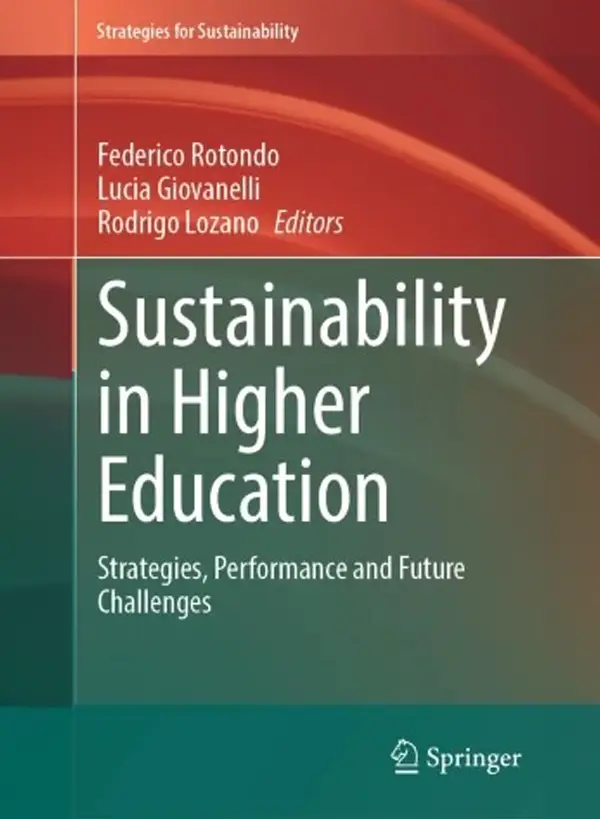
Sustainability in higher education institutions in Latin America and the Caribbean: Trajectory, performance and challenges
La incorporación de la dimensión ambiental en las instituciones de educación superior – IES de América Latina se remonta hasta los primero años de la década del cincuenta y se expresa de manera explícita en la década del setenta. A mediados de esta década se inició el seguimiento de este proceso en los ámbitos de formación, investigación y extensión, través de una serie de diagnósticos y estudios. En las décadas siguientes, la institucionalización del compromiso con el ambiente y la sostenibilidad se extendió a los ámbitos de gestión y gobierno. Un diagnóstico desarrollado entre 2014 y 2018 registró un desempeño medio de este compromiso en 351 IES de once países de la región. Desde 2016, estas instituciones comenzaron a comprometerse con la Agenda 2030 y sus Objetivos de Desarrollo Sostenible – ODS. Los primeros resultados de una investigación en curso muestran que 50 IES de seis naciones latinoamericanas tienen ahora un avance mayor en su conocimiento, compromiso y aportes a los ODS. En gran parte, estos resultados se pueden explicar por el trabajo de muchas instituciones y redes universitarias ambientales de la región, que promueven y apoyan a las IES en sus compromisos con el ambiente, la sostenibilidad y la Agenda 2030. Los principales desafíos para los próximos años son ampliar el número de instituciones de educación superior de la región que asumen estos compromisos y mejorar su desempeño en las dimensiones ambiental, social y económica de la sostenibilidad.
The incorporation of the environmental dimension in higher education institutions (HEIs) in Latin America dates back to the first years of the fifties and is explicitly expressed in the seventies. In the middle of this decade, the monitoring of this process began in the fields of training, research, and outreach, through a series of analysis and studies. In the following decades, the institutionalisation of the commitment to the environment and sustainability extended to the fields of management and governance. An analysis between 2014 and 2018 recorded an average performance of this commitment in 351 HEIs in eleven countries in the region. Since 2016, these institutions began to commit to the 2030 Agenda and its Sustainable Development Goals (SDGs). The first results of an ongoing investigation show that 50 HEIs of six Latin American nations now have greater progress in their knowledge, commitment, and contributions to the SDGs. In large part, these results can be explained by the work of many environmental institutions and university networks in the region, which promote and support HEIs in their commitments to the environment, sustainability and the 2030 Agenda. The main challenges for the coming years are to increase the number of higher education institutions in the region that assume these commitments and improve their performance in the environmental, social, and economic dimensions of sustainability.
Autor(es):
Orlando Sáenz Zapata
Programa
liderado por:
Vinculado
desde 2021 a:
Alianza de Redes Iberoamericanas de
Universidades por la Sustentabilidad y el Ambiente
Con el
apoyo de:
Vinculado
desde 2023 a:
Unión de Universidades
de América Latina y el Caribe
Observatorio de la Sustentabilidad en la Educación Superior de América Latina y el Caribe (OSES-ALC)
© 2020 Todos los derechos reservados
Contacto: [email protected]
Diseño y Desarrollo
Universidad de Ciencias Aplicadas y Ambientales U.D.C.A - Dirección de Gestión TIC - Subproceso de Comunicaciones Web







